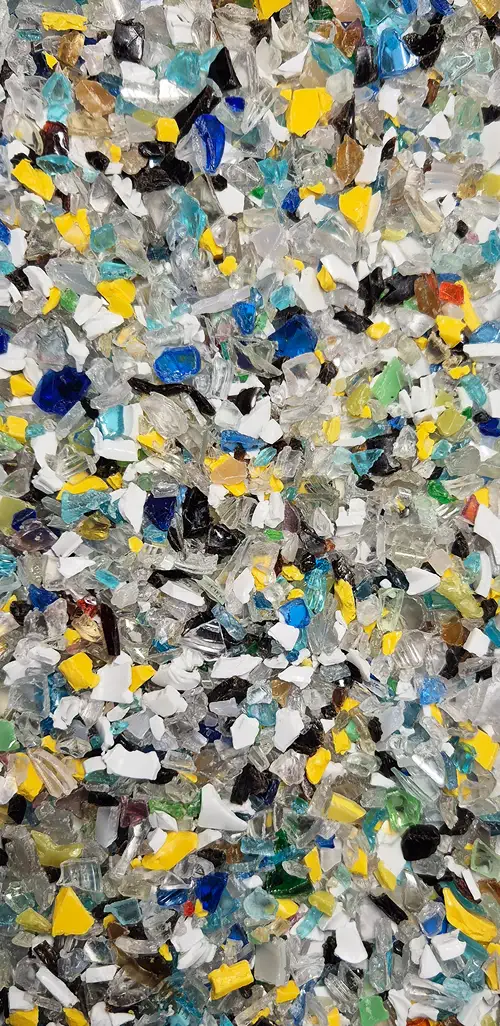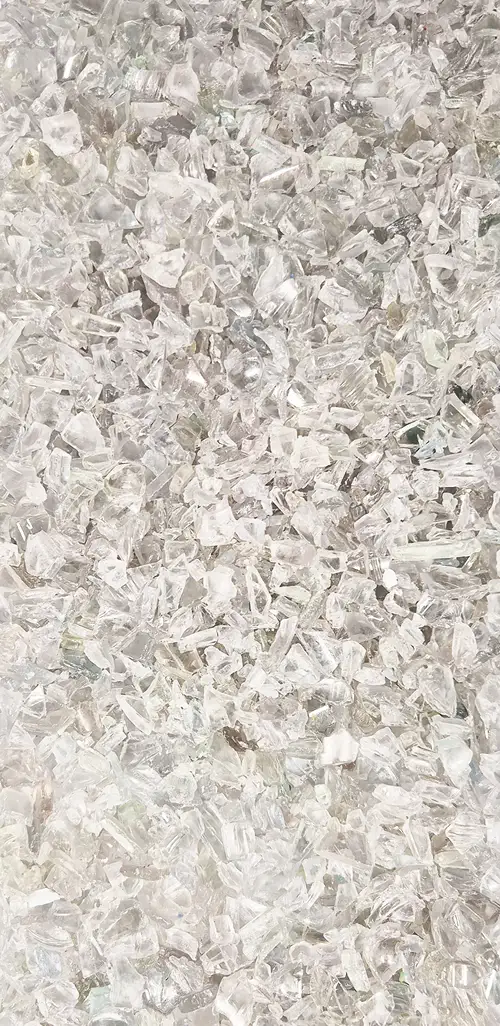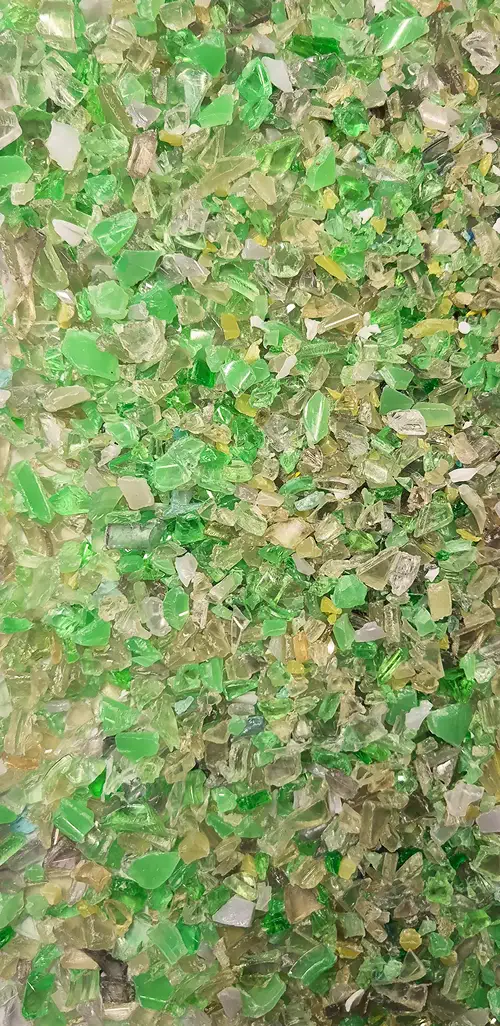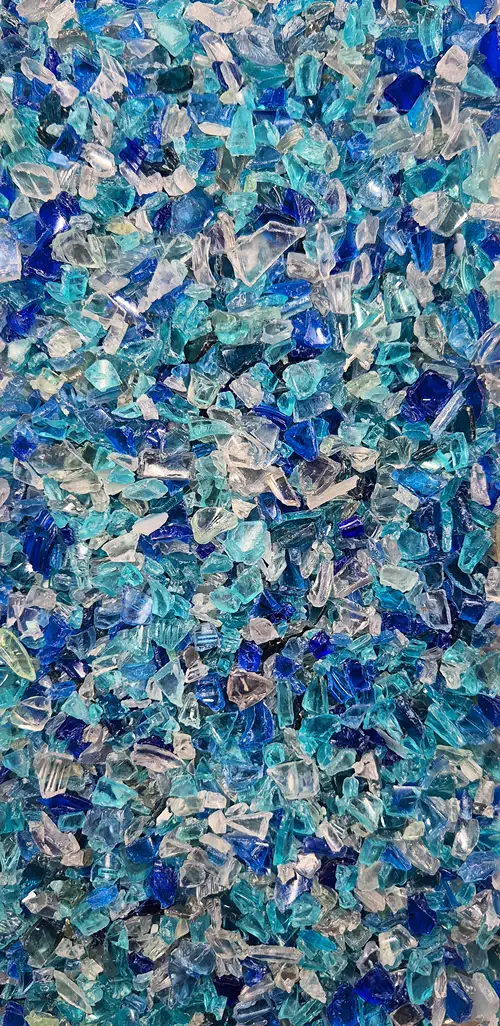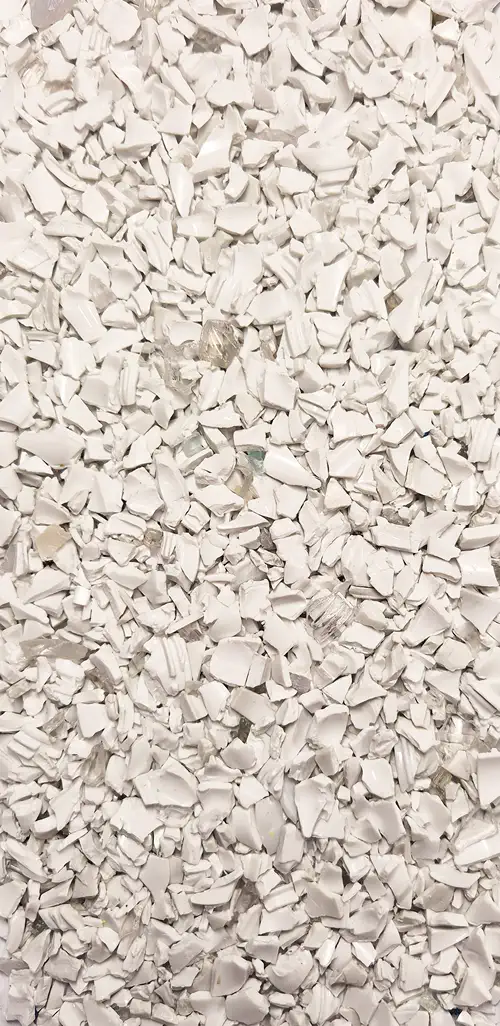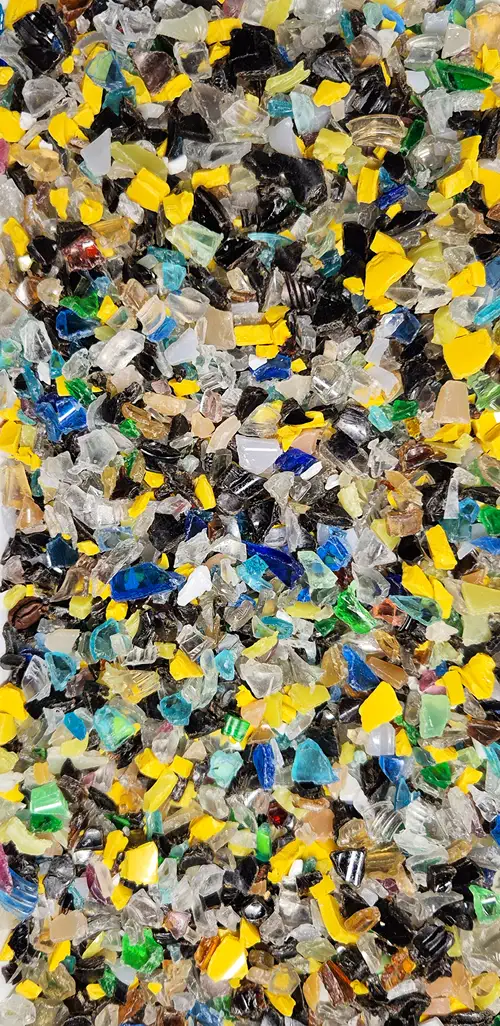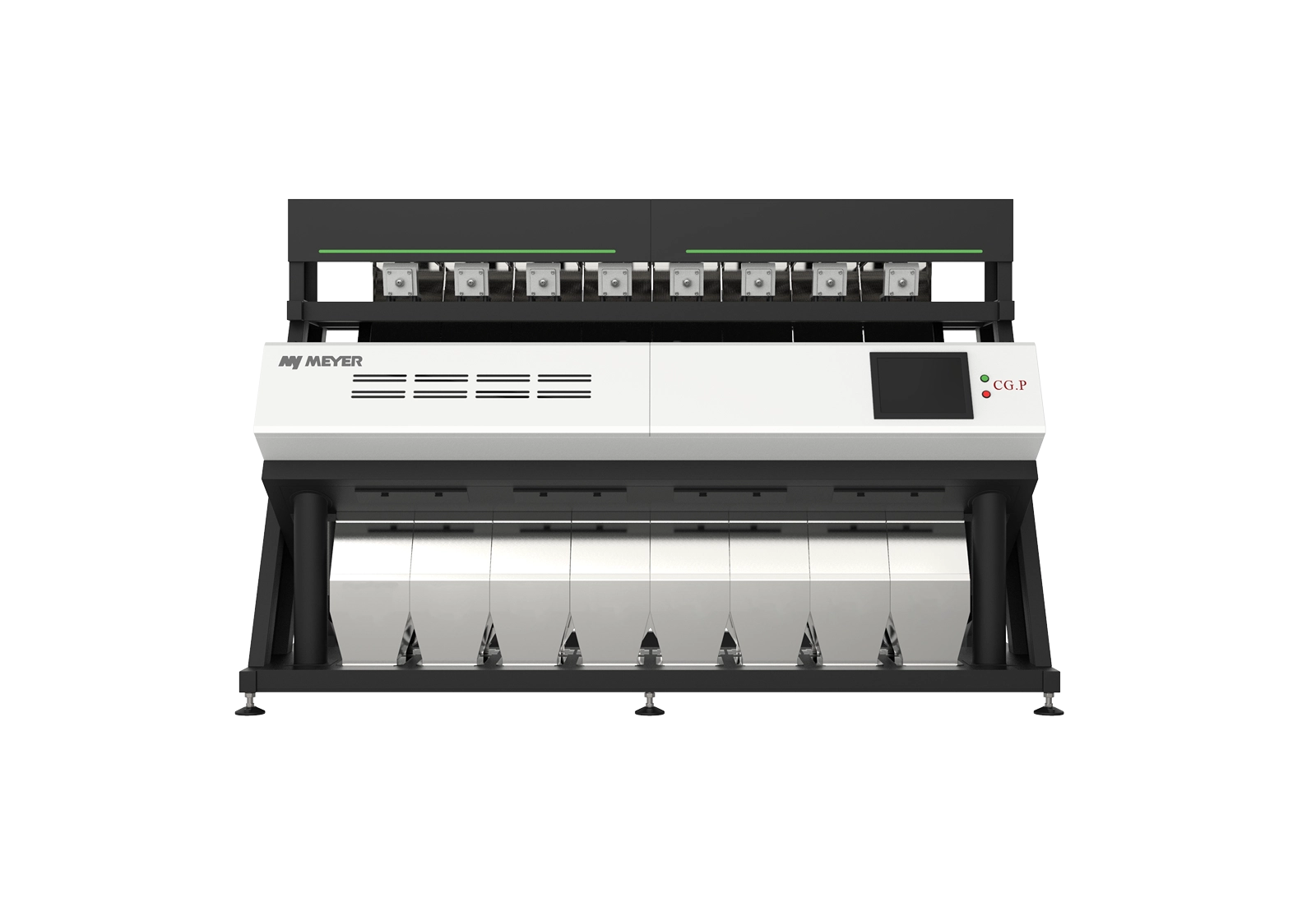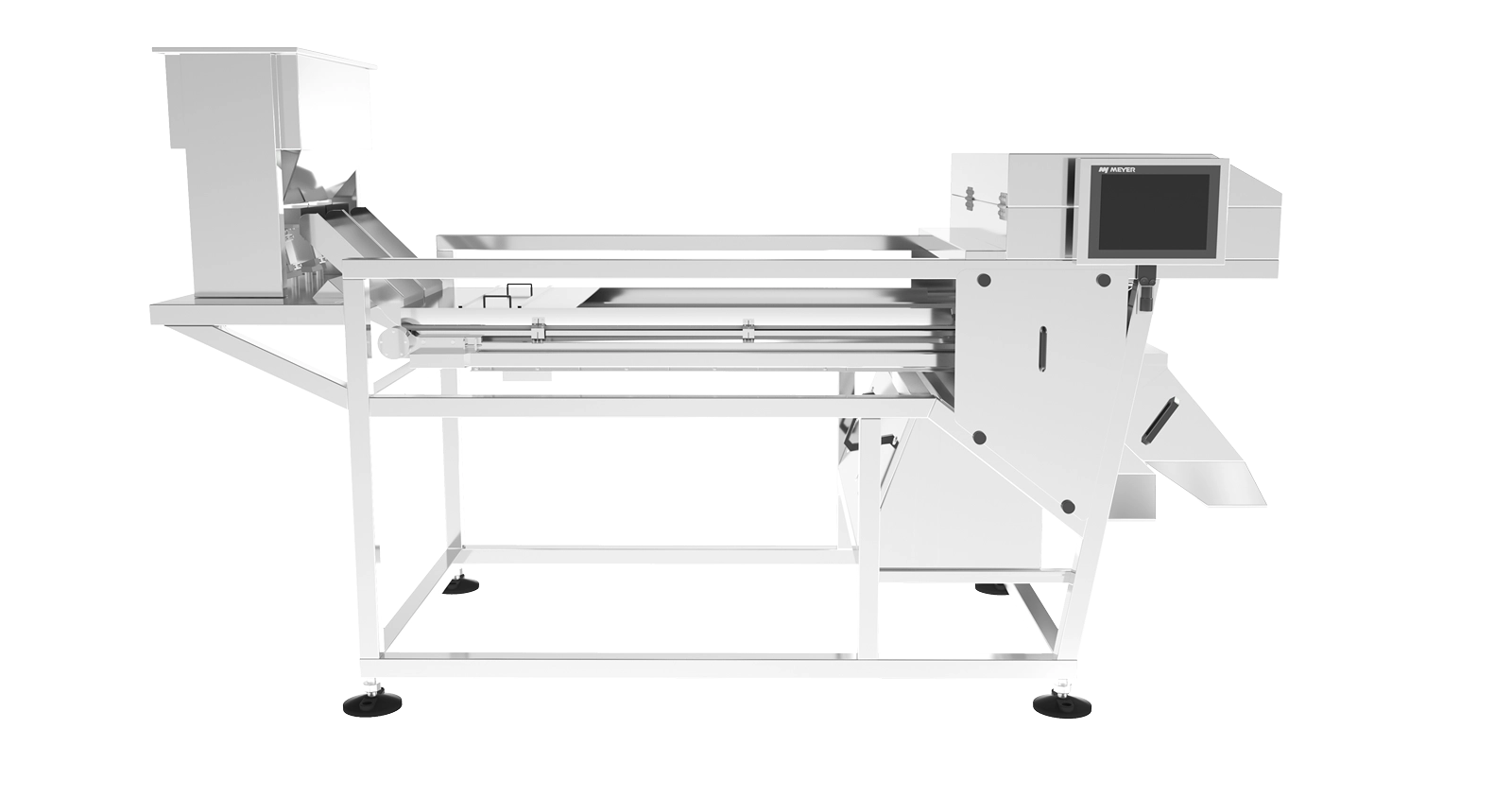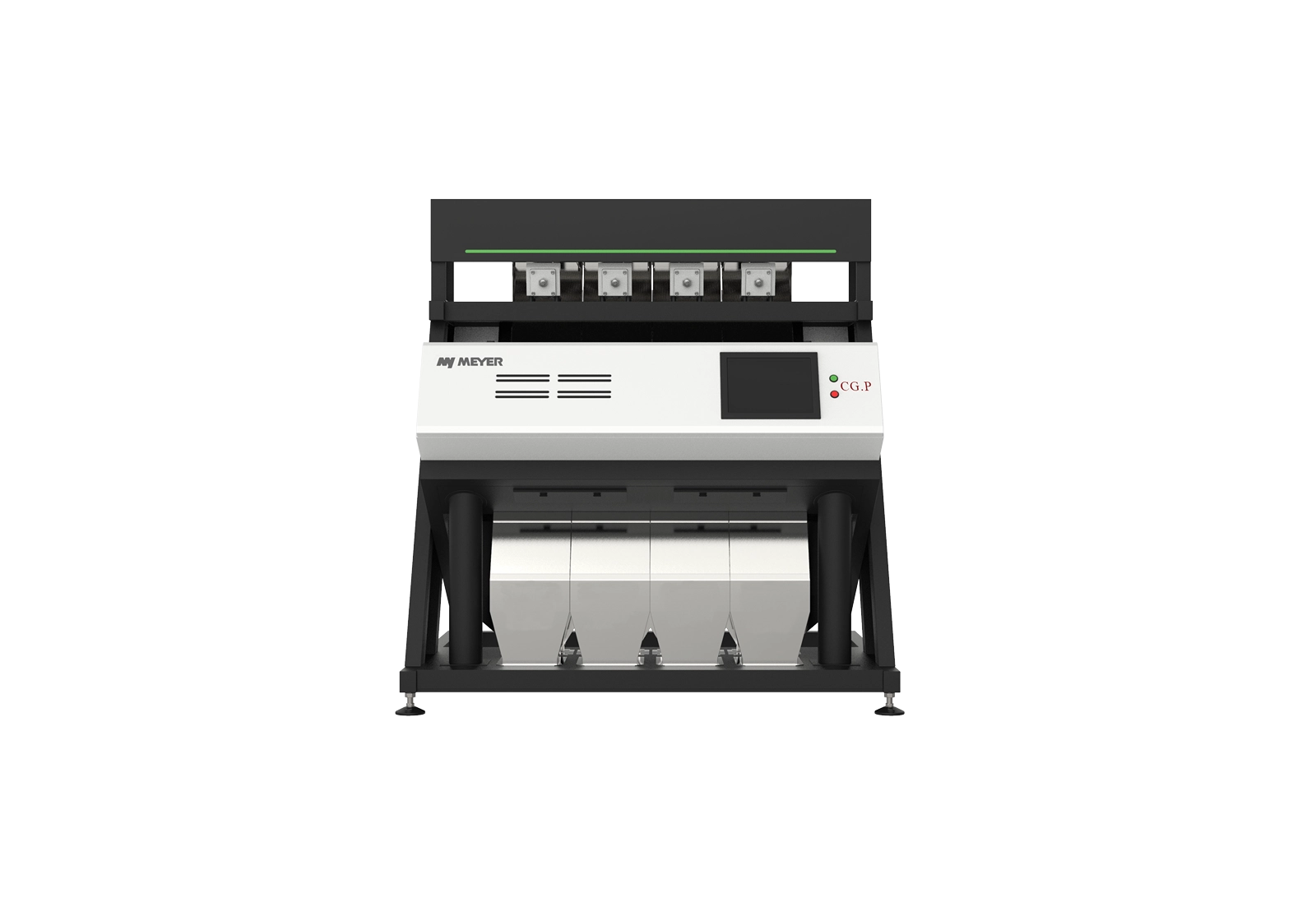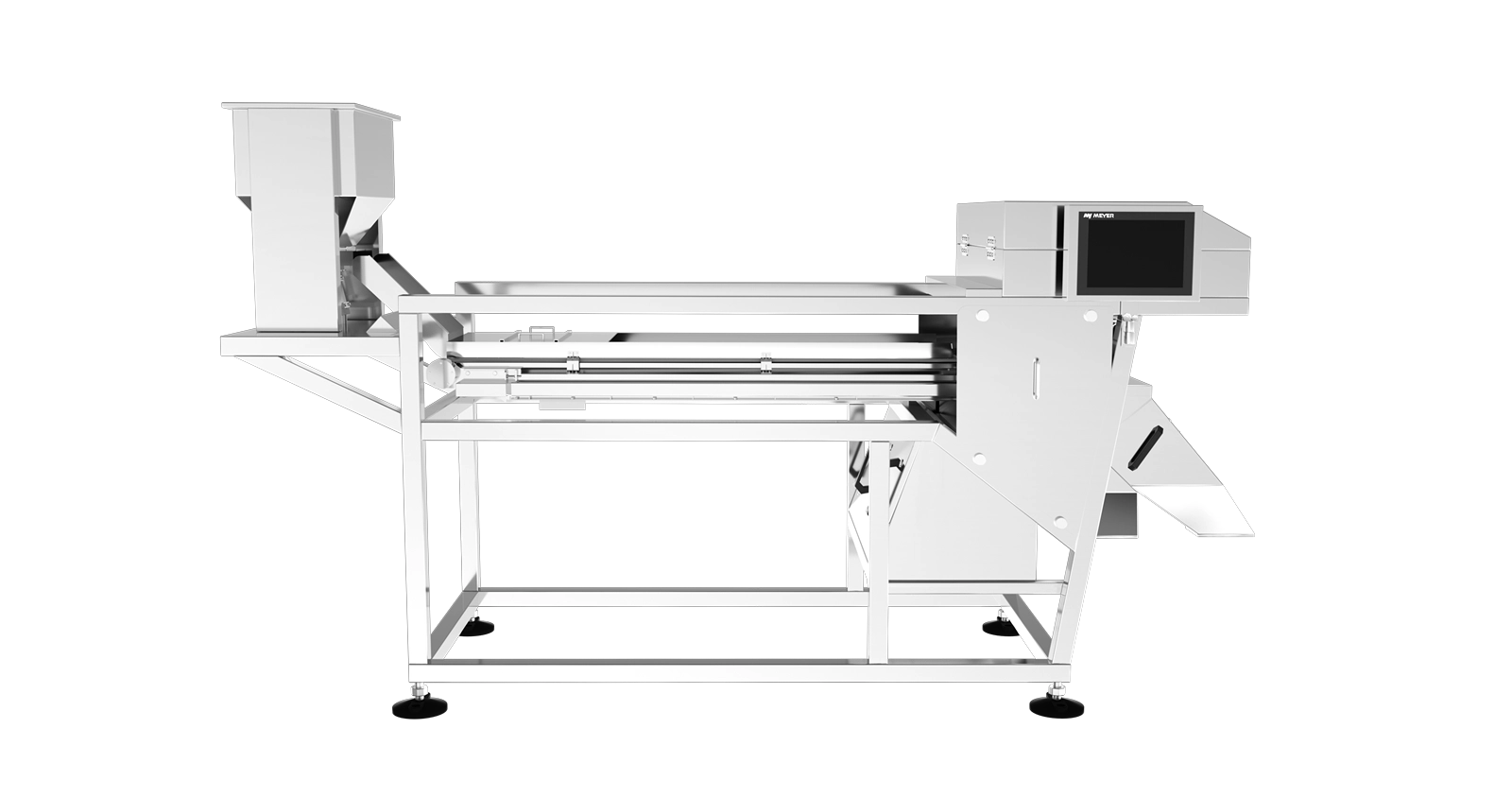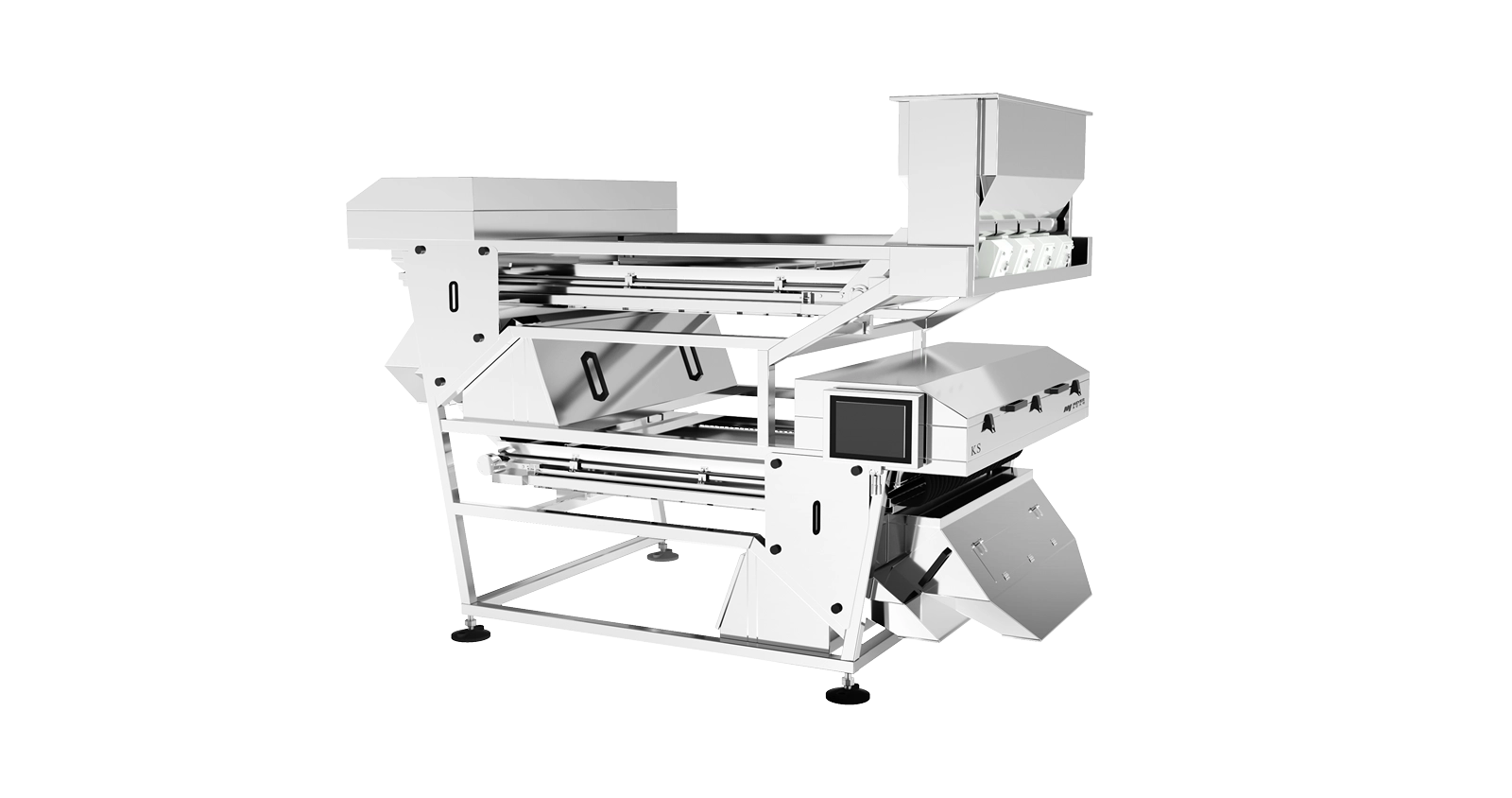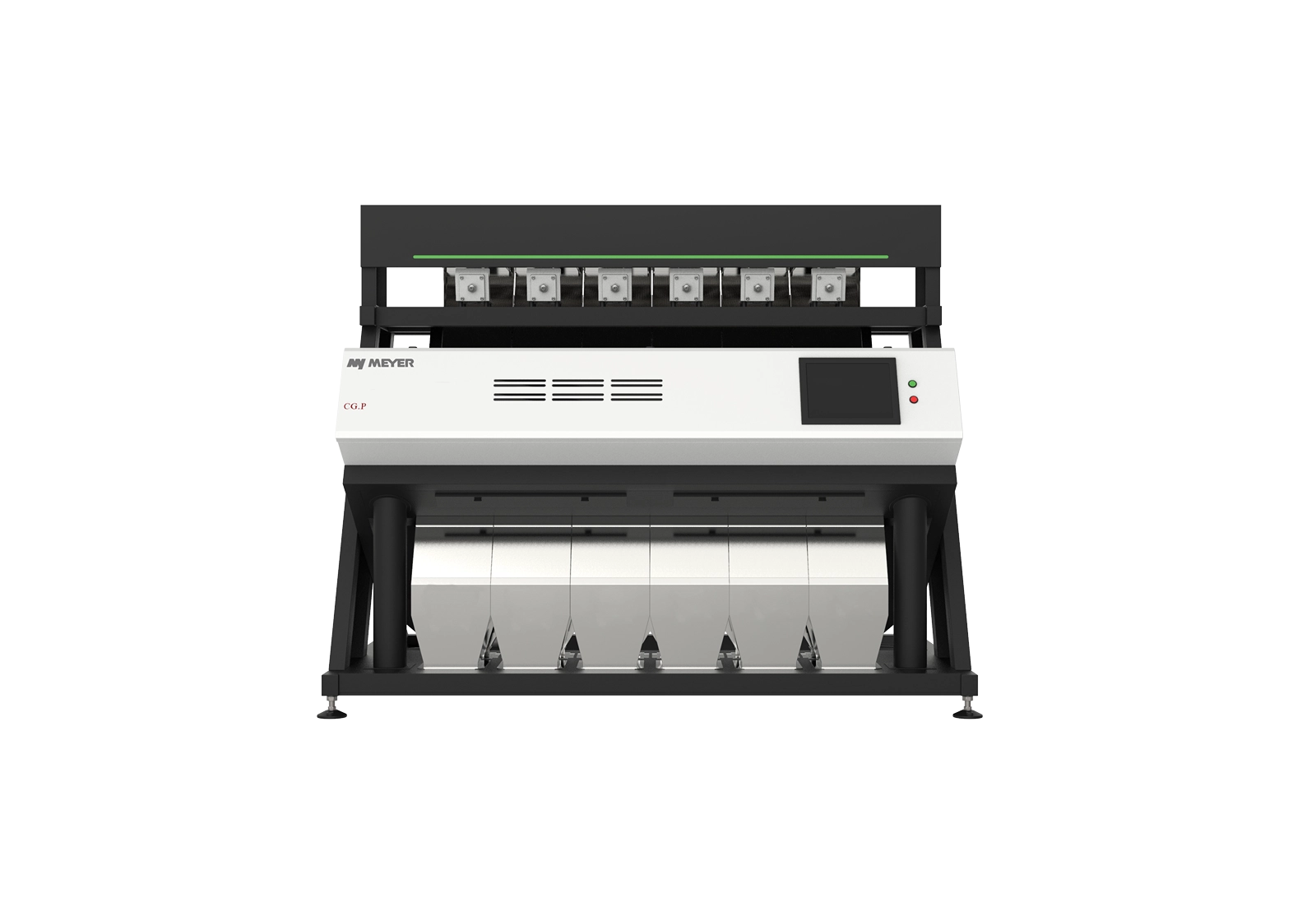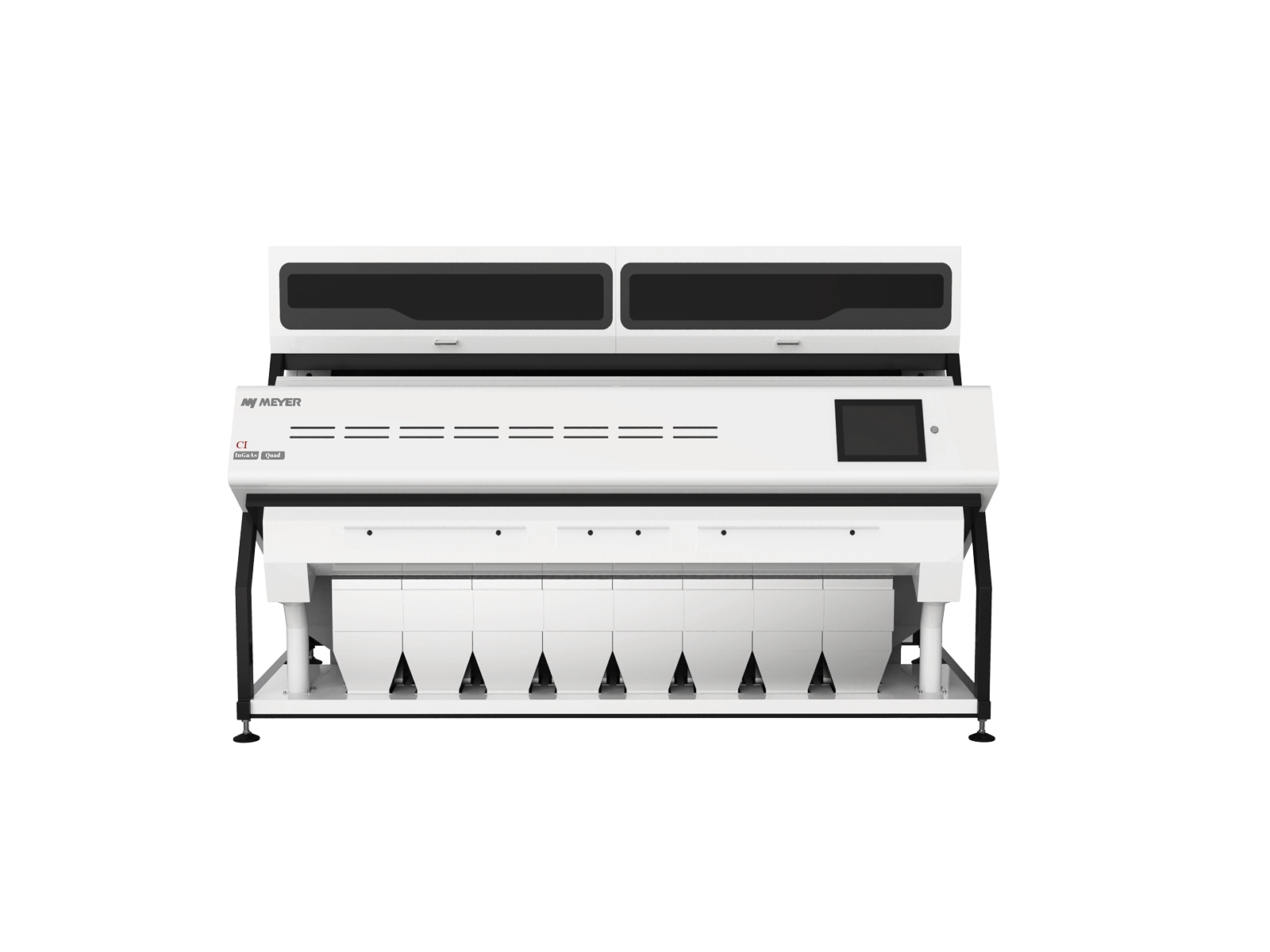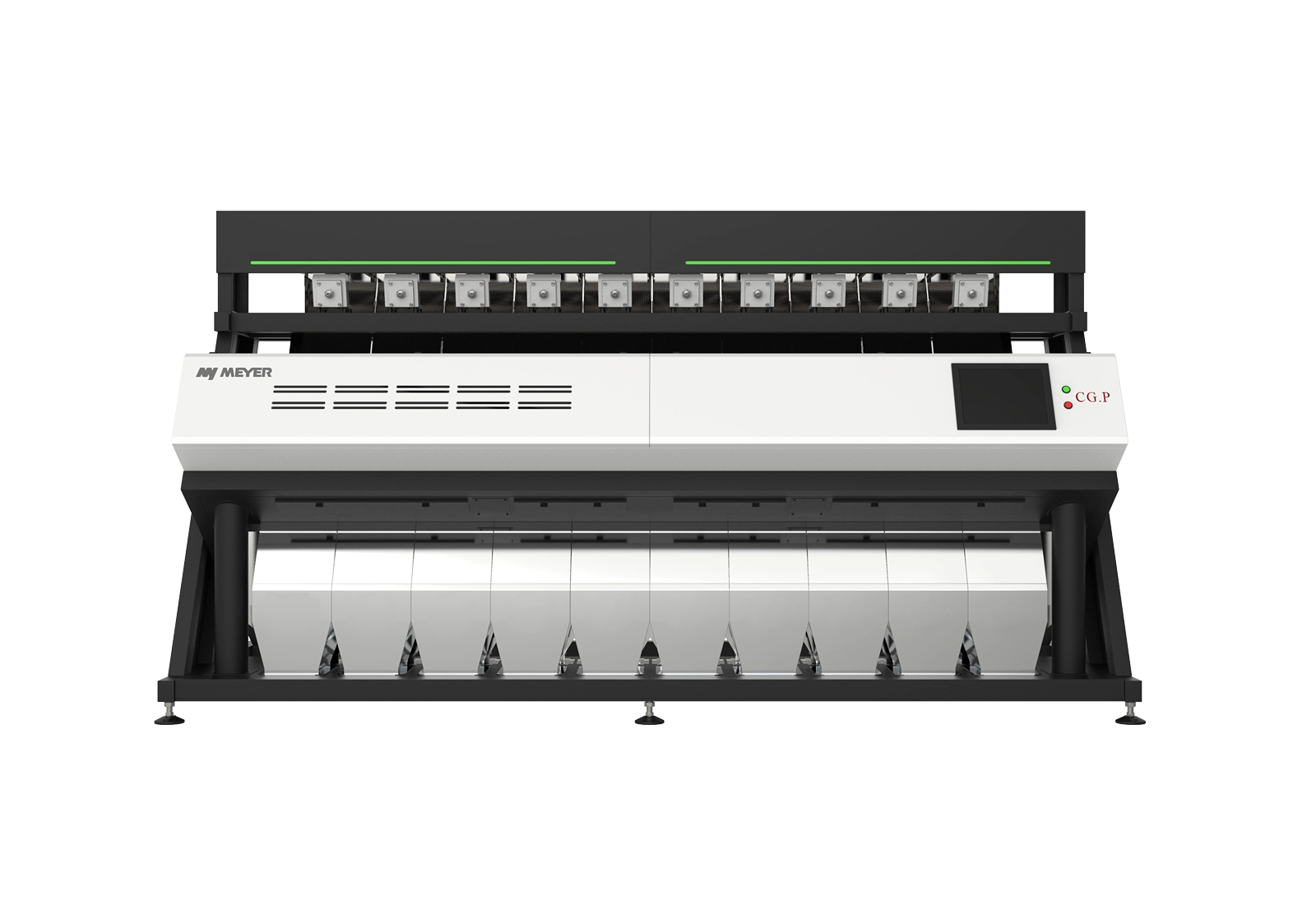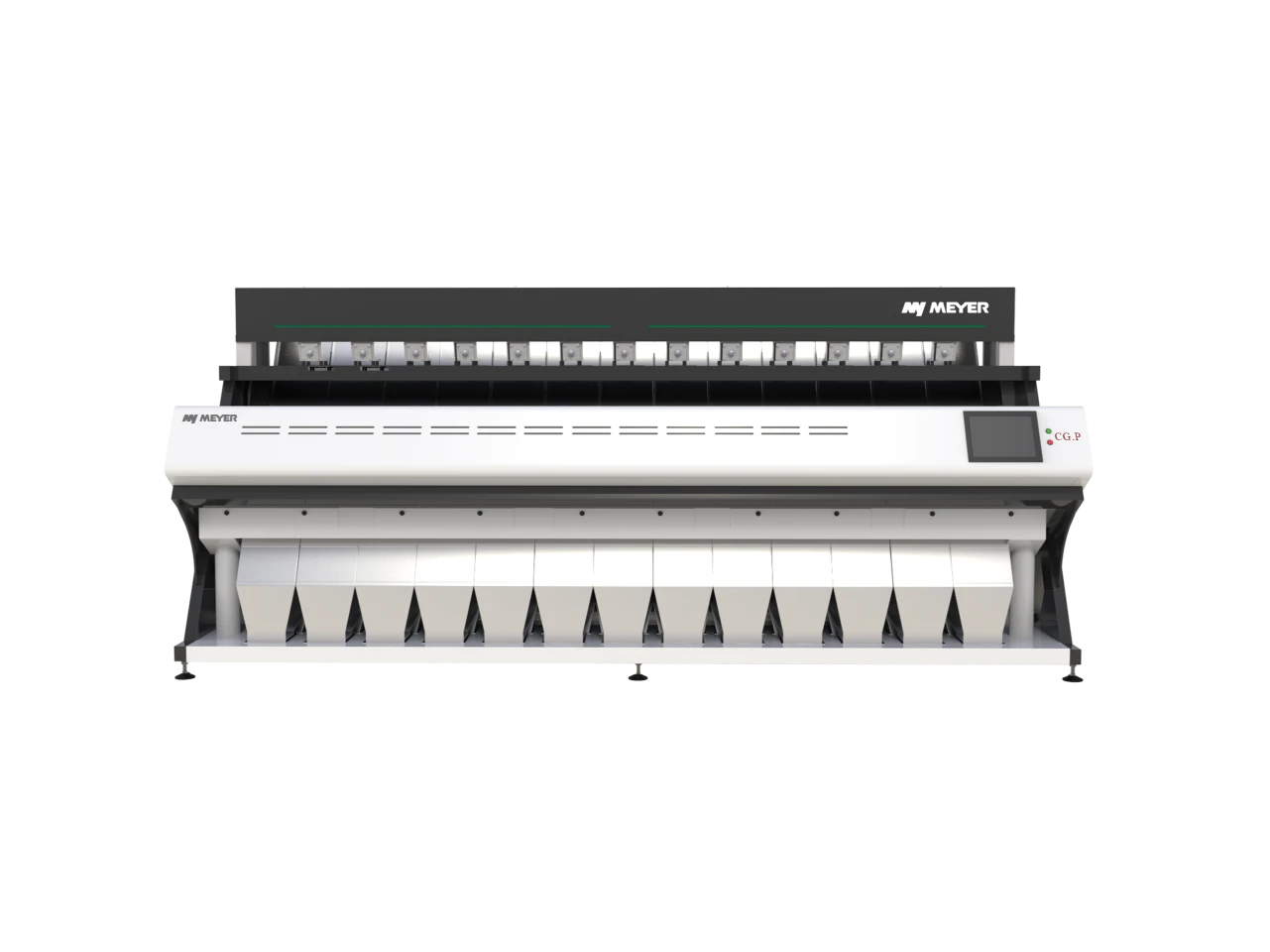PET sorting
Enhancing PET sorting efficiency with Meyer advanced sorting technology
Improve PET sorting quality and increase throughput
PET optical sorting process
Optical PET sorting with MEYER machines is a process that allows for the precise separation of valuable materials from contaminants. Thanks to advanced optical technology, our devices accurately identify and separate PET flakes, ensuring the highest quality of recovered materials. MEYER optical sorters operate based on color and polymer detection, enabling effective separation of different types of plastics, including PET, PVC, HDPE, and PP. This technology ensures not only high precision but also process speed, increasing the efficiency and profitability of recycling. Our solutions enable more eco-friendly and cost-effective material recovery, supporting the sustainable development of the recycling industry.
See sorting samples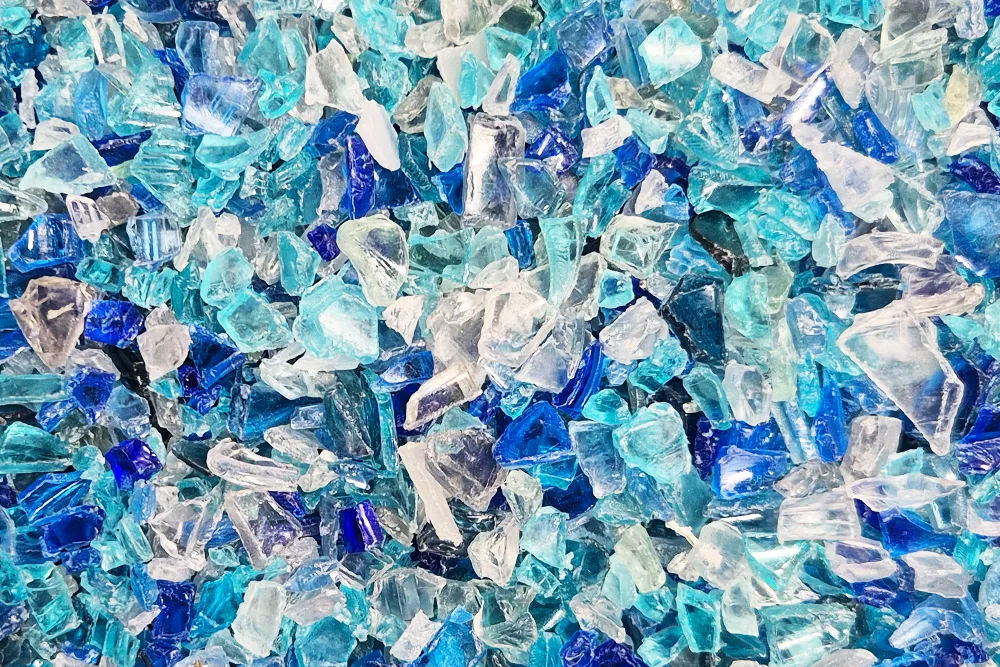
Examples of PET sorting with Meyer
Best sorting machines for PET sorting
Benefits of using PET sorting machines
Increased purity and quality
Optical sorters can detect and remove discolored materials, foreign materials, and defects such as stones, sticks, or damaged grains. This results in higher purity and quality of the final PET product, meeting consumer and market standards.
Better Efficiency and Throughput
Optical sorting technology allows for the processing of large volumes of PET quickly and accurately, significantly improving throughput compared to manual sorting methods.
Reduced Labor Costs
Automated sorting reduces the need for manual labor, leading to cost savings and reduced human error in the sorting process.
Improved Product Value
Higher quality and purity of sorted PET can lead to better market prices and customer satisfaction.
Versatility and Flexibility
Optical sorters can be used for different varieties of PET and can be adjusted for different sorting needs, making them versatile tools in PET processing.
Reduced Waste
Efficient sorting helps reduce waste by ensuring that only genuinely defective materials are removed, while maximizing the amount of good product.
Data Collection and Analysis
Modern optical sorting systems can collect valuable data about the waste stream, such as composition and contamination levels, aiding in process optimization and regulatory compliance.
Decreased Environmental Impact
By increasing the amount and quality of recycled materials, optical sorters contribute to reduced reliance on virgin resources, lower greenhouse gas emissions, and a smaller environmental footprint for waste management operations.
Enhanced Product Safety
By removing contaminated grains or foreign objects, optical sorters help prevent potential health hazards, contributing to safer products.
Our clients’ stories
Frequently Asked Questions
What is PET material sorting?
The optical sorting process involves the precise separation of polyethylene terephthalate (PET) from other polymers, as well as color sorting, which allows the flakes to be divided into different color sections. This solution increases the efficiency of the recycling process, enabling better utilization of materials in the subsequent stages of production.
Why is optical sorting important in PET recycling?
Optical sorting plays a crucial role in PET recycling as it enables the fast and precise separation of pure PET from contaminants such as other plastics, metals, or organic materials. Using advanced technology, optical sorters identify and remove unwanted elements, improving the quality of the final material. High PET purity means better recyclate properties, leading to greater efficiency and compliance with environmental standards.
How does the optical sorting process work?
The optical sorting process involves the use of cameras that detect and differentiate PET from other materials. These devices analyze the color and chemical properties of the plastics, enabling accurate and efficient sorting.
What are the benefits of using an optical sorting facility for PET?
Precise contamination removal – advanced technologies enable effective separation of PET from other materials such as metals, plastics, and organic waste. High-quality recyclate – thanks to accurate sorting, the recovered PET meets the requirements even for the most demanding applications. Faster and more efficient process – automation significantly speeds up recycling compared to traditional manual sorting methods. Cost reduction – lower material losses and process optimization lead to reduced operational costs. Support for sustainable development – more efficient recycling reduces the amount of waste sent to landfills and minimizes environmental impact.
